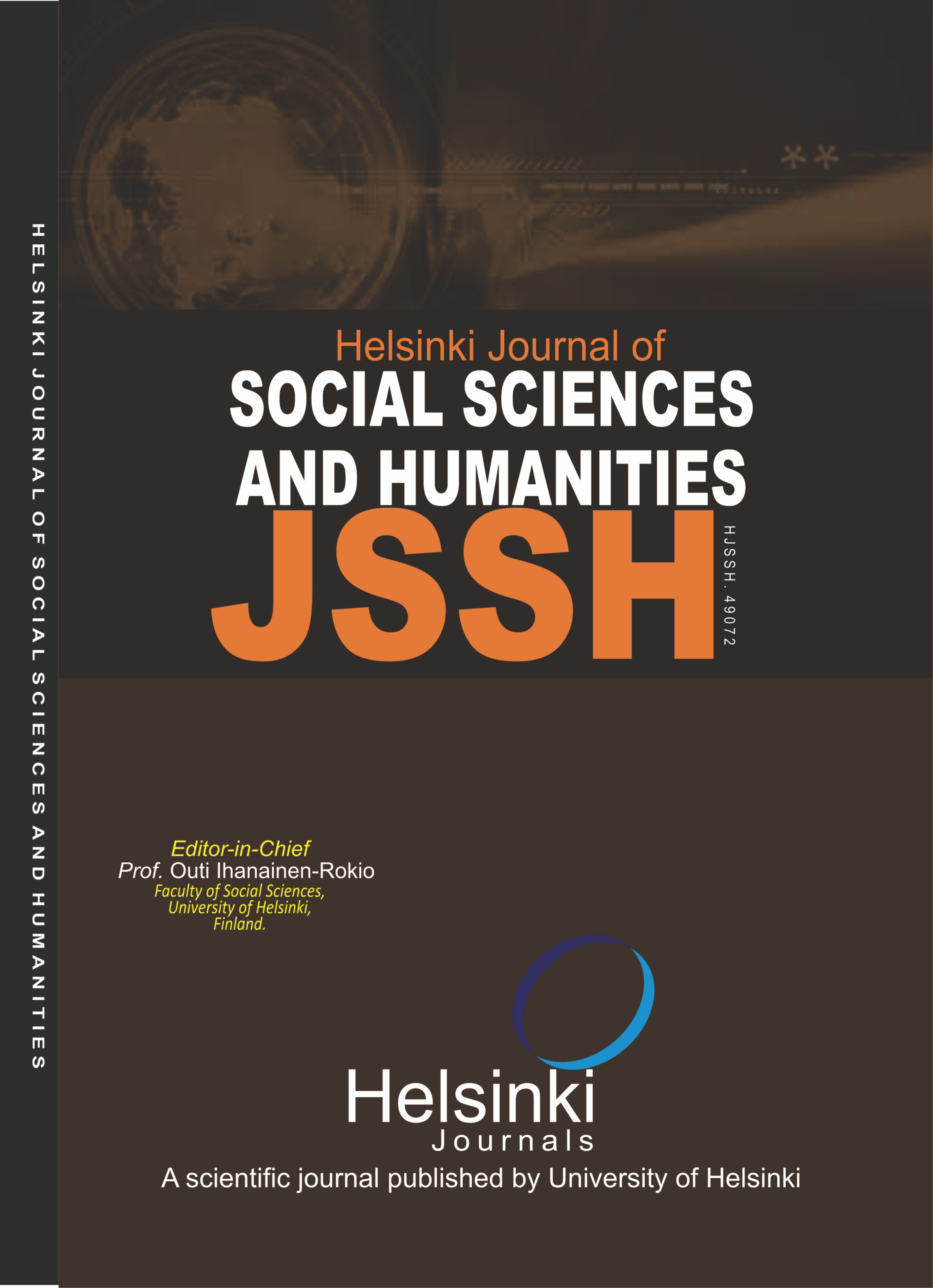HELSINKI JOURNAL OF SOCIAL SCIENCES AND HUMANITIES (HJSSH)
LOOKING THROUGH THE LENS OF LOCUS OF CONTROL: INVESTIGATING THE PROBLEMS IN LISTENING COMPREHENSION
E-ISSN: 7764-9221
P-ISSN: 3442-3567
DOI: https://iigdpublishers.com/article/824
For students learning English as a foreign language (EFL), listening comprehension plays a crucial role. It is common that many students struggle with listening comprehension during class listening activities. The present study aims to achieve several objectives: firstly, it seeks to elucidate the prevalent challenges in listening comprehension encountered by Iranian (EFL) learners. Secondly, it aims to explore the attitudes of learners towards listening comprehension across different tertiary levels. Thirdly, the study intends to determine Iranian EFL learners’ locus of attribution concerning the sources of these difficulties. Finally, the research endeavors to enhance the generalizability of its findings through additional investigation in this fiel d. The respondents of this study were B.A. and M.A. EFL students in IAU, South Tehran Branch in 2024. This study used a questionnaire and a two-question interview adopted by the researcher’s advisor as data collection instruments. The questionnaire contained six factors, namely process, input, listener, task, affect, and context and consisted of 40 items. The results show that the context factor (M = 3.05), followed by the input factor (M = 2.84), are the main factors. The findings can have implications for EFL learners and teachers to tackle the challenges related to listening.
Zeinabsadat Mirmohammadi & Bahram Mowlaie
Kheirabadi, R., & Alavimoghaddam, S. B. (2016). Evaluation of Prospect series: A paradigm shift from GTM to CLT in Iran. Journal of Language Teaching and Research, 7(3), 619-624.
Lotfi, G. (2012). A questionnaire of beliefs on English language listening Comprehension problems: Development and validation. World Applied Sciences Journal, 16(4), 508–515.
Hasan, A. S. (2000). Learners‟ perceptions of listening comprehension problems. Language Culture and Curriculum, 13(2), 137-153.
Chen, H. (2011). Brief Analysis of Strategies to Improve English Listening Comprehension Competence among Non-English Undergraduate Students. Asian Social Science, 7(12), 68-71.
Abbas, S. A. (2016). Writing apprehension and performance of Iraqi EFL students according to their academic locus of control orientation. International Journal of English Language Teaching, 4(7), 34-48.
Hamouda, A. (2013). Listening comprehension problems – Voices from the classroom. The Language in India, 12(2), 1–49.
